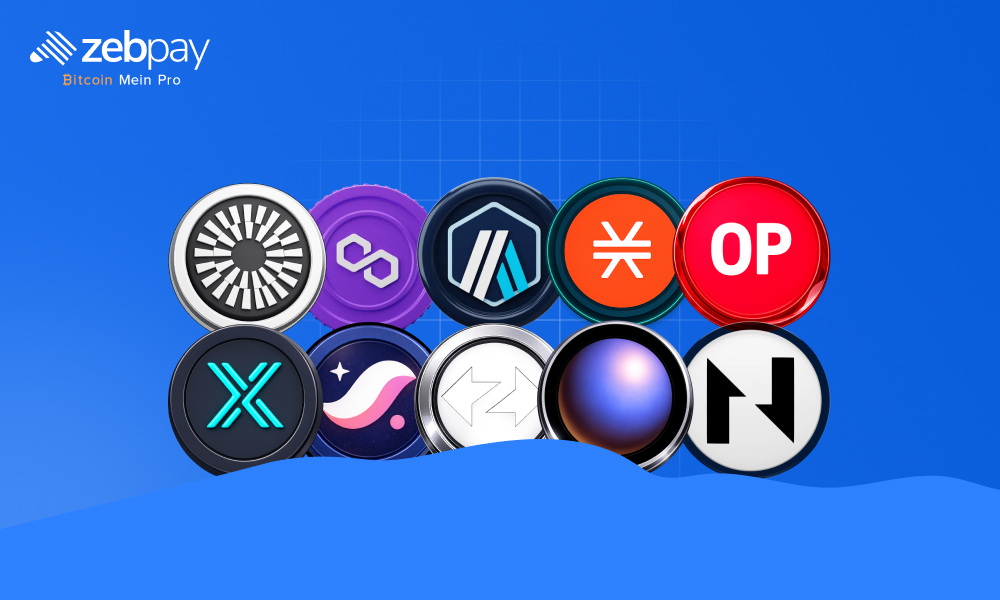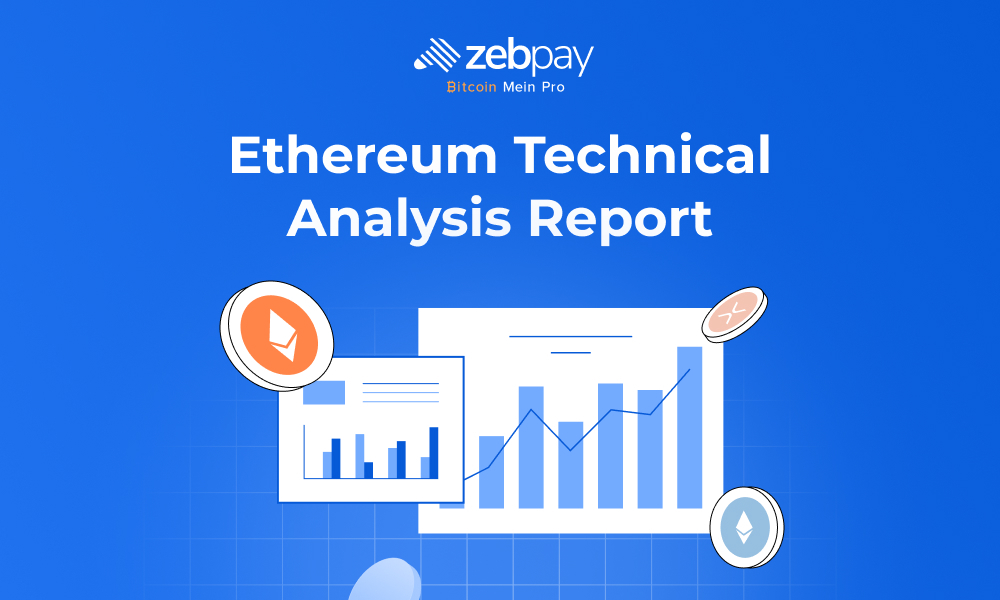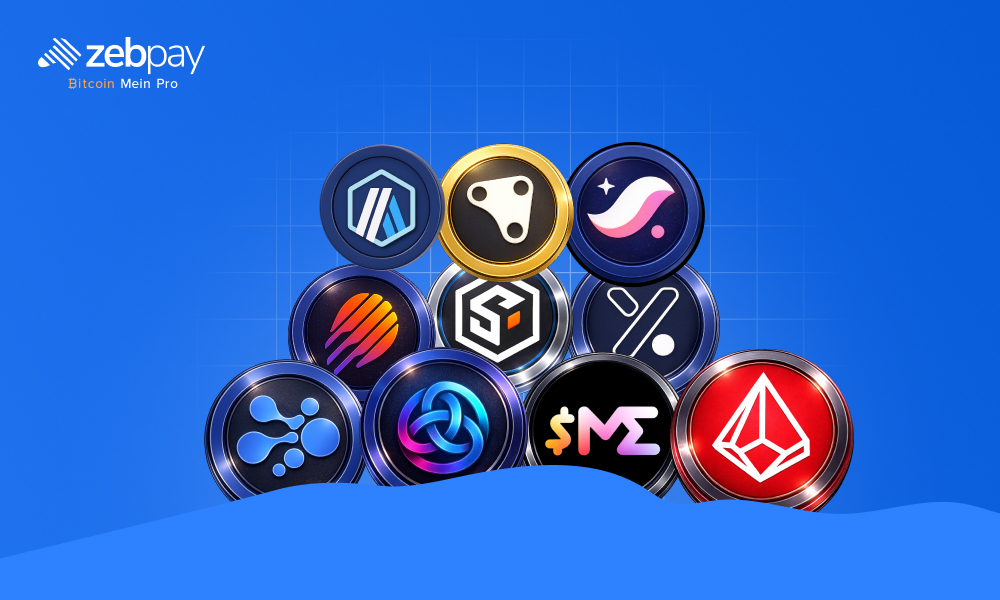A wrapped token is a type of digital asset, typically backed by another crypto or asset. These tokens are often associated with a specific blockchain or network and derive their value from the asset they are “wrapped” around. Wrapped tokens play a vital role in enhancing cross-chain interoperability and facilitating the operation of decentralised finance (DeFi) applications. They act as bridges, allowing users to harness the diverse features and services available on multiple blockchains, making it seamless to utilise assets from one blockchain on another.
The specific use cases and underlying mechanisms of wrapped tokens can make them versatile, representing a wide range of assets, including crypto assets, stablecoins, and even non fungible tokens (NFTs). Take Wrapped Bitcoin (wBTC) as an example, What exactly is Wrapped Bitcoin? WBTC stands for Bitcoin (BTC) and serves as a conduit for users to engage with Ethereum-based DeFi protocols and decentralized exchanges (DEXs) while preserving the core value and attributes of Bitcoin. This functionality significantly expands the possibilities and accessibility of blockchain technology.
How do Wrapped Tokens Work?
Asset Locking
This involves the process of securing a specific quantity of a native crypto from one blockchain (such as Ethereum). This crypto is “locked” within a smart contract, usually under the oversight of a decentralised autonomous organisation (DAO) or a trusted entity. The locked native crypto serves as collateral for the creation of wrapped tokens.
Issuance of Wrapped Tokens
Once the original crypto is securely locked, an equivalent number of wrapped tokens are generated and introduced on a different blockchain. For instance, a wrapped version of Bitcoin, often referred to as wBTC, is issued on the Ethereum blockchain. Within the ecosystem of this second blockchain, these wrapped tokens represent ownership of the locked native crypto and can be traded freely. This mechanism facilitates cross-blockchain compatibility and opens up new possibilities for using various crypto assets.
Varieties of Wrapped Tokens
Wrapped tokens come in various forms, including wBTC, wETH, stablecoin equivalents, and blockchain-specific wrapped tokens. They are designed to seamlessly integrate with specific blockchain environments, creating a unified ecosystem for multiple assets.
Wrapped Bitcoin (wBTC) : For instance, Wrapped Bitcoin, among the array of wrapped tokens, allows BTC owners to utilize their holdings within Ethereum’s decentralized applications and on DeFi platforms.
Wrapped Ether (wETH): Similarly, the Ethereum network benefits from Wrapped Ether (wETH), which enhances trading and smart contract interactions within the Ethereum ecosystem.
Stablecoin Equivalents: The wrapped counterparts of stablecoins like Tether (USDT), USD Coin (USDC), and Dai (DAI) enable easy usage of stablecoins across multiple blockchain ecosystems.
Blockchain-Specific Wrapped Tokens: Certain blockchains, such as BNB Smart Chain (BSC) and Polygon, have their own wrapped tokens. These tokens foster cross-chain compatibility and facilitate various decentralized use cases.
In the ever-evolving crypto landscape, these tokens play a pivotal role in bridging the divide between blockchain networks. They improve liquidity, promote interoperability, and expand accessibility, contributing to the growth and maturation of the crypto industry.
Benefits of Wrapped Tokens
Wrapped tokens offer several benefits that contribute to a more interconnected and versatile crypto ecosystem:
- Cross-Chain Compatibility: Wrapped tokens enhance cross-chain interoperability, allowing assets from multiple blockchains to seamlessly integrate into a specific ecosystem. This expands users’ access to a wide range of assets and increases overall liquidity.
Read more: Multichain vs Cross-Chain
- Integration of Assets: Wrapped tokens simplify the integration of assets with various functionalities. For instance, wBTC facilitates the incorporation of Bitcoin into the Ethereum DeFi ecosystem. They also standardize and streamline asset interactions, making them more user-friendly.
- Empowering Users: Wrapped tokens empower users by giving them more control over their assets. They enhance the utility, accessibility, and adaptability of digital assets across different blockchain networks, promoting a more connected and dynamic crypto economy.
In summary, wrapped tokens play a crucial role in promoting interoperability, simplifying asset integration, and empowering users within the crypto space. They contribute to the growth and development of a more connected and functional blockchain ecosystem.
Limitations of Wrapped Tokens
Wrapped tokens, despite their utility, come with certain limitations:
- Centralization Risk: Wrapped tokens depend on custodians to hold the original assets, raising concerns about centralization and counterparty risk. If the custodian faces issues, it can impact the value and functionality of the wrapped token.
- Complexity: The process of wrapping and unwrapping tokens can be complex, potentially deterring some users. It may also involve additional costs.
- Security Risks: Relying on bridges and protocols to wrap tokens introduces potential security risks and requires trust in third-party systems.
- Asset Compatibility: Not all assets can be easily wrapped, limiting the range of assets that can be used across different blockchains.
- Regulatory Concerns: Regulatory issues related to wrapped tokens can create legal ambiguity, potentially affecting their adoption and use.
Despite these limitations, wrapped tokens remain essential for bridging blockchain ecosystems and enhancing asset utility. Users should exercise caution and stay informed when using them.
To stay up to date with the latest crypto news, visit ZebPay blogs. Click on the button below to trade on ZebPay.







